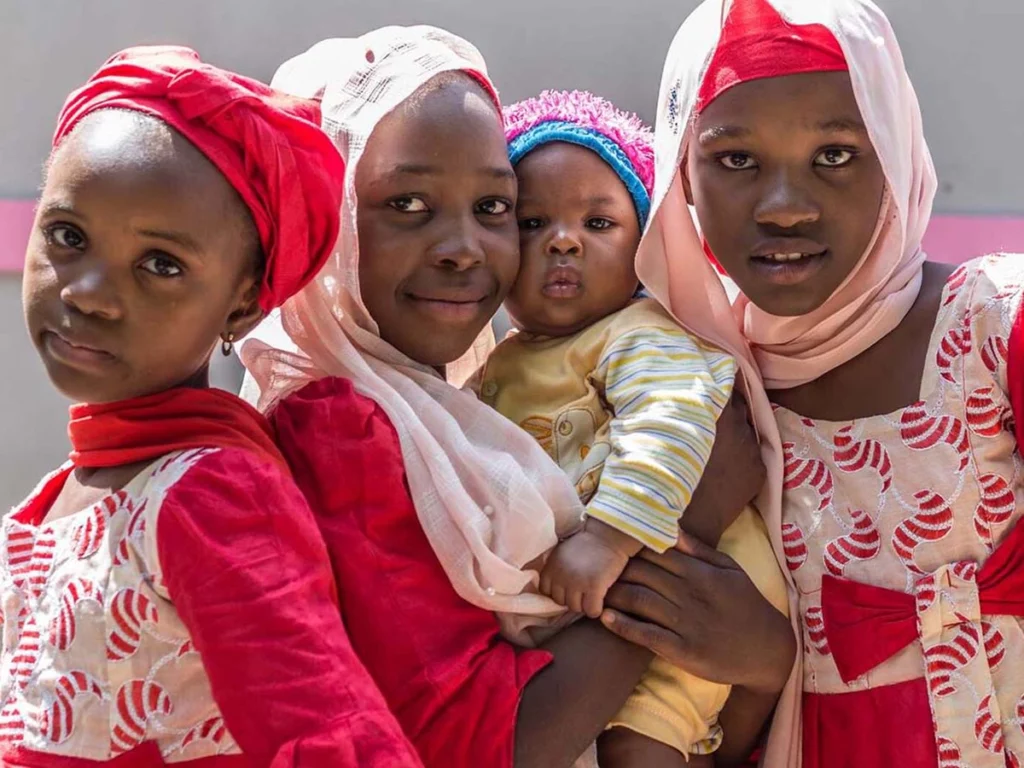by Rich Carder, DataKind DC Chapter Co-Leader and Data Strategy + Analytics Officer at the Wellspring Philanthropic Fund
Global food insecurity is sharply on the rise. According to the World Food Programme, in 2022, 345 million people are facing or at risk of facing acute food insecurity, up over 200 million people from pre-pandemic levels. The issue continues to increase in urgency, exacerbated by global supply chain issues in the aftermath of the COVID-19 global pandemic, the war in Ukraine and other conflicts, and climate change. Within this crisis is another: 60 million children are acutely malnourished around the globe, the highest number at any point on record. For children, continued undernourishment can lead to stunted growth and cognitive impairment, diminished educational attainment, and a lifetime of lower income, continuing a cycle of hunger and poverty.
Save the Children is on the frontlines of crises affecting children. As a leader in the humanitarian response space, Save the Children helped 18.5 million children in crisis in 2020 alone. Critical in these efforts is the use of data, both to strengthen early warning systems for when and where crises may occur so early interventions can take place, and also in response to crises to help guide operational decisions regarding where best to invest resources to maximize their impact.
Save the Children and others in the humanitarian response sector produce a tremendous amount of data, providing detailed information on everything from financial transactions to fleet management to demographic data on aid recipients. On top of that, there are over four terabytes (equal to about half the size of the Library of Congress content) of open humanitarian datasets available in public repositories such as the Humanitarian Data Exchange. Despite this overwhelming amount of data, it remains a pressing challenge to get timely, actionable data in front of decision-makers who can use it to make data-driven decisions to deploy humanitarian response resources. Among the reasons for this are:
- Data is generated by many different agencies and stored in many different repositories, hampering coordination and siloing related datasets that together could reveal new insights.
- Data is often stored in incompatible file formats, varies in quality, and lacks critical context.
- Organizations in the sector have limited access to data science expertise to develop and maintain solutions that help interpret, model, and visualize data in ways that support concrete decision-making.
These challenges present humanitarian response organizations such as Save the Children with a choice between slower than optimal decision-making or making faster decisions with much lower confidence levels. In either case, the outcomes include adverse community effects and wasted resources.
DataKind and its Washington DC Chapter are working with Save the Children, Microsoft, and Valorem Reply to help address these issues and enhance the interoperability between Save the Children’s internal datasets and the many open datasets that exist across geographies, services, organizations, and governments.
The team is designing a platform to automate the ingestion, storage, and modeling of a vast array of humanitarian datasets, standardizing on a common geospatial data format. The completed platform will allow for easier retrieval and joining of up to date data from a single source, decreasing the most time-intensive and repetitive tasks related to merging humanitarian datasets, and facilitating real-time analysis and decision-making.
This first-of-its-kind project will change the way Save the Children and peer organizations within the humanitarian response sector are able to use data to make their life-saving programming more effective. It’ll allow them to combine their own data with vast amounts of open-source data, improve coordination with other agencies by standardizing on a common data format, and enable quick analysis and visualization by consolidating relevant datasets in a single platform. Together, these capabilities will help them to both better anticipate aid needs, and respond more quickly and efficiently to ongoing crises affecting children such as food insecurity.
 Rich Carder is the Data Strategy + Analytics Officer at the Wellspring Philanthropic Fund, one of DataKind DC’s Chapter Leaders and the data science lead on this Save the Children project in partnership with Microsoft.
Rich Carder is the Data Strategy + Analytics Officer at the Wellspring Philanthropic Fund, one of DataKind DC’s Chapter Leaders and the data science lead on this Save the Children project in partnership with Microsoft.
If you’re interested in supporting our work to help alleviate food insecurity, please reach out to us using the following links.
- Interested in supporting our work or joining our Global World Hunger Circle? Please join here.
- Interested in sponsoring a project? Partner with us here.
- Interested in volunteering with DataKind? Look no further.



